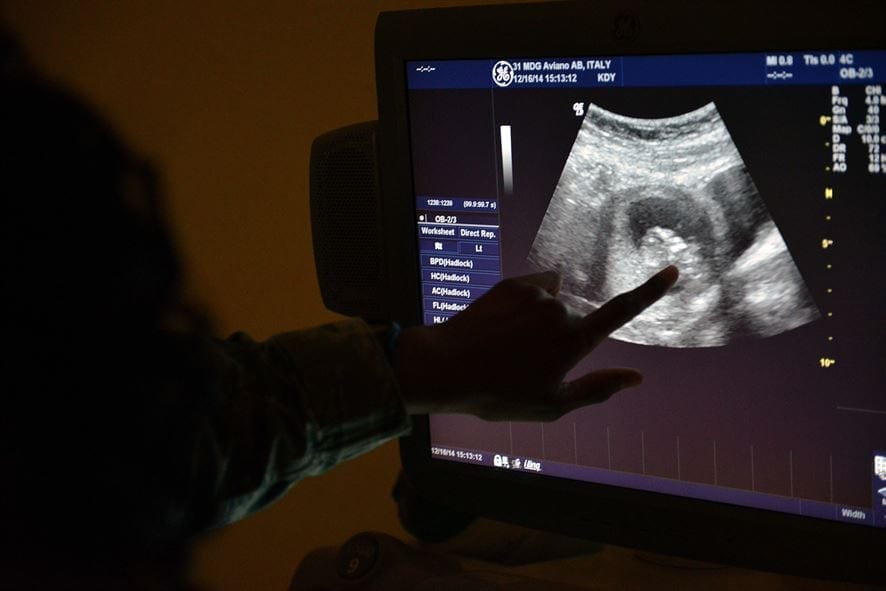Less than a day after being signed into law, a federal judge placed a temporary restraining order on a Mississippi abortion ban.
On Monday, writes USA Today, Governor Phil Bryant approved House Bill 1510. The legislation, among the most restrictive in the nation, sought to stop women from seeking an abortion after 15 weeks gestation.
House Bill 1510’s predecessor was only slightly more lenient, allowing the procedure to performed 20 weeks past pregnancy. However, the state’s only abortion clinic, Women’s Health Organization in Jackson, won’t accept clients who’ve surpassed 16 weeks.
Shortly after HB 1510’s passage, attorney Rob McDuff ‘filed a hearing request for a temporary restraining order on behalf of Women’s Health Organization.’
McDuff says one Mississippi woman is already scheduled to have an abortion early Tuesday afternoon. The recently passed legislation, he argued, would make honoring the appointment illegal.
Moreover, says McDuff, an additional two women who’ve hit the 15-week mark are marked in for the procedure at the end of March.
“It is very clear under existing law that women have a right to make their own decision,” he said, claiming HB 1510 could inflict irreparable harm on ladies’ right to self-determination.
Attorneys for the state are already beginning to mount a bizarre counter-offensive. Paul Barnes, special assistant to the attorney general, says the new law is intended to protect women.
“The single greatest factor in determining risk of abortion is gestational age,” he said.

“Abortions being performed at 12, 13, 14, 15, each of those weeks, the risk goes up,” said Barnes. “That is one of the harms this bill is designed to protect. […] Risk increases exponentially from one week to the next.”
Initially entitled the ‘Gestational Age Act,’ HB 1510 sets a 15-week limit based on the notion of viability. Viability, in terms of abortion, refers to the age at which an unborn child stands a chance of surviving outside the womb. Most studies have determined that infants born before the 21-week mark cannot survive, even with medical help.
Mississippi’s position, explained by Barnes, doesn’t seem to take either viability or women’s rights into consideration.
“The viability line is constantly moving,” said Barnes. “When viability is the issue, then the state’s interest trumps the women’s interest. It’s always moving in favor of the state’s authority, it’s never moving the other direction.”
“The more developed the fetus is,” Barnes said, “the state’s interest is stronger in protecting unborn life.”
To date, the ‘earliest premature baby that survived was born in San Antonio in 2014 after 21 weeks and 4 days of gestation.’
District Judge Carlton Reeves, who put the temporary restraining order into effect, seemed skeptical of the state’s argument.
“If there is no viability,” said the judge, “the state has no real interest in telling a woman what to do with her body.”
Referring to Barnes’ claim that the state’s interests trump those of women, McDuff asked whether laws like the Gestational Age Act are moving society in the right direction.
“The state could continue to dial back the right to choose until it’s eviscerated,” said McDuff.
“They could abolish the right to choose.”
Sources
Judge blocks Mississippi’s 15-week abortion ban from going into effect
Mississippi Governor Signs Nation’s Toughest Abortion Ban Into Law


Join the conversation!